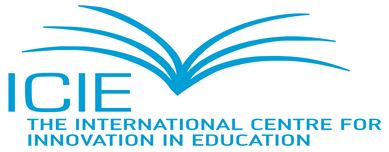International Application of the Naglieri General Ability Tests: Verbal, Nonverbal and Quantitative
Jack Naglieri
Tests such as the COGAT, WISC, and NNAT are the three most widely used tests to identify gifted students in the US. These tests are similar in that they all measure general ability but different in test content. The first two require verbal and quantitative academic knowledge which complicates international applications. The NNAT works well internationally but it does not include verbal or quantitative content. The Naglieri General Ability Tests: Verbal (Naglieri & Brulles, 2024), Nonverbal (Naglieri, 2024) and Quantitative (Naglieri & Lansdowne, 2024) were explicitly developed so that the items can be solved using any language, the tests do not require academic knowledge, animated instructions replace long verbal directions, and no oral response is needed from the examinee. The rationale, validity and research support for these new tests will be presented.
Reexamining the Role of Gifted Education and Talent Development for the 21st Century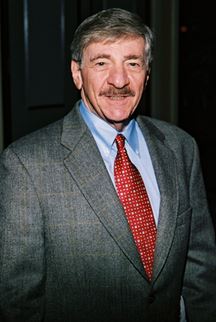
Joseph S. Renzulli
Director, The Renzulli Center for Creativity, Gifted Education,and Talent Development, USA
A discussion of some new research in this field of knowledge, as well as the changing policies and practices in both general and gifted education will be presented in this keynote.
Renzulli (2016) synthesizes the varied school-based applications of his work. These opportunities always resulted in both reflection and the search for answers to questions about what can be done to improve the services to the teachers and students we serve. Although Renzulli’s early work on the Three-Ring Conception of Giftedness and the Enrichment Triad Model gained more attention than expected, he began to believe that there were still characteristics and programming opportunities that needed to be added to the overall search for factors that contribute to a more holistic perspective of talent development.
The Underachievement Dilemma and Gifted Girls & Women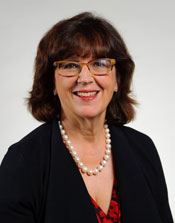
Sally M. Reis
Former Vice Provost of Academic Affairs and a Board of Trustees Distinguished Professor
The University of Connecticut, USA
The underachievement of gifted students is one of the most frustrating issues that teachers and researchers encounter in our field. What causes underachievement? How can parents and teachers help to develop talents in students who underachieve in school but pursue creative outlets outside of school? The underachievement of gifted and talented students and the interventions that work for different types of underachievement will be discussed in this keynote, as will the underachievement of gifted girls and women. Suggestions for reversing underachievement will also be discussed.
Equity-Based Strategies for Recruiting and Retaining Students of Color in Gifted Education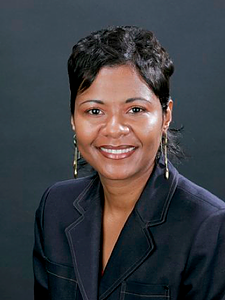
Donna Y. Ford
Department of Special Education & Department of Teaching and Learning; Peabody College of Education; Vanderbilt University; Nashville, USA
In the United States, Black, Hispanic, and Native American students are under-represented in gifted education. The demographics of gifted education are shared nationally, along with a summary of state-by-state data by Ford and colleagues. To address this issue of access and opportunity for such students of color, the presenter argues that recruitment and retention efforts must be grounded in equity. Equity-based recruitment and retention strategies are shared, along with a method for quantifying equity in order to set representation goals.
Inventing New Creative and Critical Thinking Strategies Arising from Interdisciplinary Exploration
Don Ambrose
Rider University in Lawrenceville, New Jersey, USA
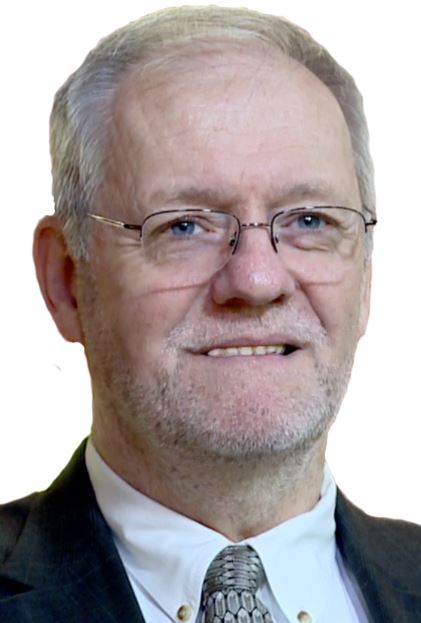
A variety of creative and critical thinking strategies are used throughout gifted education programs and to some extent in general education and business and industry. These strategies have been very beneficial. But we can do more! My interdisciplinary explorations have enabled me to discover intriguing constructs in the conceptual terrain of more than 25 academic disciplines and professional fields. With a little creativity, many of these concepts can be turned into new creative and critical thinking strategies. In this session we explore a collection of these strategies, considering how students and adult innovators can use them to energize their work. We'll look at the step-by-step implementation procedures for some of the strategies and examples of their application to various topics. We'll also consider the ways in which the strategies strengthen our creative and critical thinking. Here is a brief sampling of the strategies you will encounter: the invention machine, metaphorical analysis, undermining your own position, chaos-complexity-order analysis, panoramic timeline impact analysis, artistic hypothesis generators, moral-legal overlap analysis, worldview analysis, metapattern analysis, altruistic analysis, aggressive-assertive-passive analysis, macroproblem analysis, intellectual spectrum exploration, personal responsibility determination, and integrative 3D graphic models..
Read a Brief Biography
Creative Thinking in Virtual Reality Environments
Todd Lubart
University of Paris Descartes, France
This presentation will focus on the emergence of multiple user virtual worlds (MUVE) such as Second Life. These platforms offer a range of possibilities that can be used to enhance creative thinking. First a general overview of ways that technology can impact creativity will be presented. Then the presentation will focus on recent work that relates directly creativity and MUVE virtual worlds. A first line of empirical research shows an impact of virtual worlds in terms of the work space, which may facilitate creative thinking. A second line of work shows an impact of the avatars who represent individuals engaged in creative work. A third set of studies indicates that effects on collaborative interactions. Finally, implications for fundamental research and applications such as creativity training and techniques will be proposed.
Read a Brief Biography
Going Global: Reporting Diverse News Stories from an International Perspective 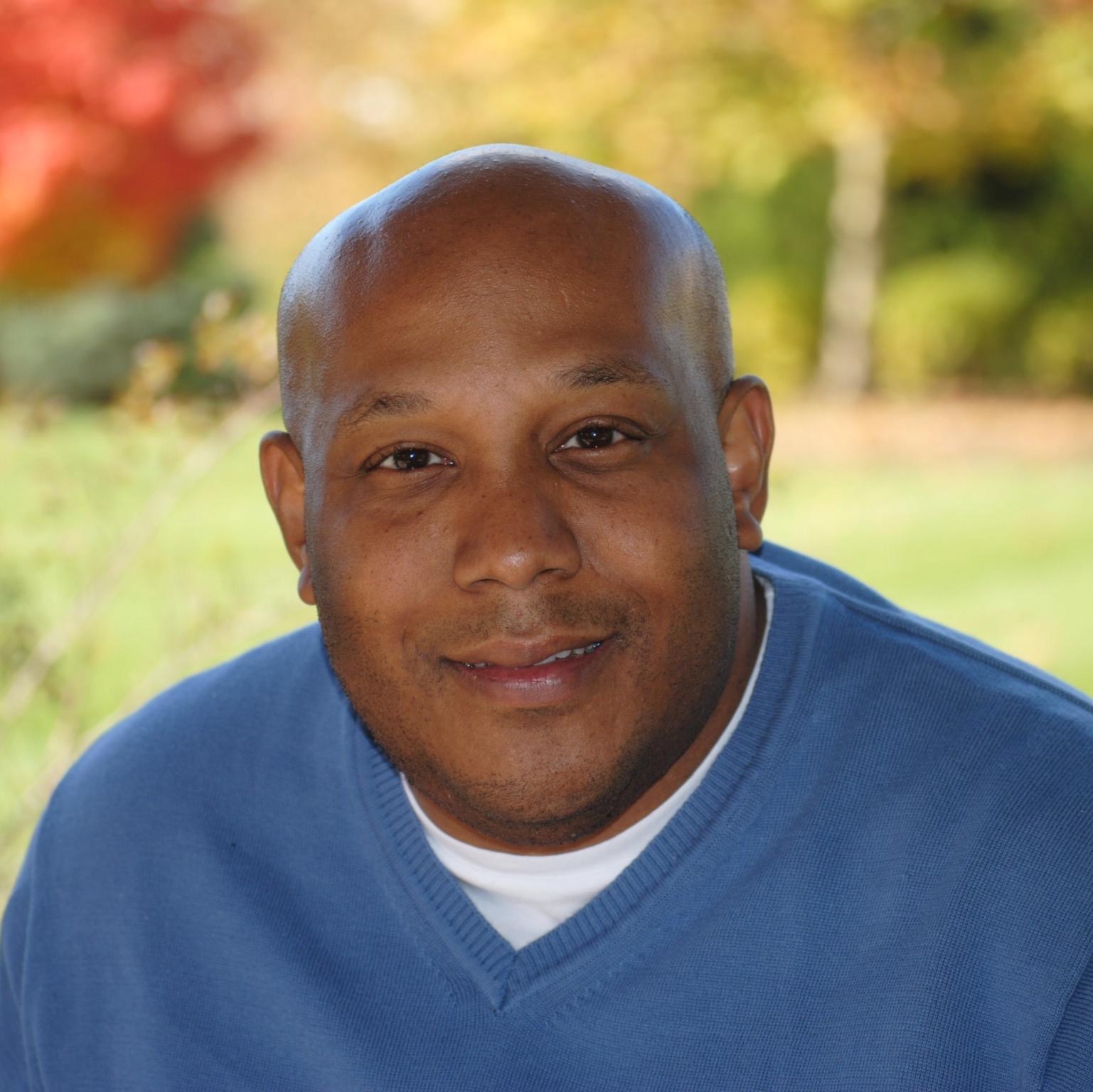
Jamal Watson
Executive Editor, Diverse: Issues In Higher Education and Lecturer at University Without Walls Program, University of Massachusetts, Amherst, USA
In an age of globalization, U.S. media outlets who cover higher education would do well to expand their coverage to showcase best practices of institutions around the world who are actively working to promote racial, gender and economic diversity. Beyond the occasional stories about study abroad programs, journalists in the U.S. who cover the higher education beat have not done enough to broaden their coverage of international issues and institutions, according to a recent report by the Education Writer's Association. This session will focus on why journalists should expand their news coverage and can help institutions develop news angles to pitch to an international audience.
Read a Brief Biography
Empathic Creativity and Peace Education
Kenneth (Ken) Reimer
Faculty of Education, University of Winnipeg, Canada
We live in a world where problems are getting greater and more complex. We live in a time that is becoming increasingly polarized. Society urgently requires school systems that promote creativity, empathy, and inclusion. Most important, we need to promote PEACE. This presentation explores the potential of merging some of the best components of creativity, empathy, and inclusion into a construct known as “Empathic Creativity” and ways in which it can be taught in schools and used as a means to promote peace education.
Keynote and Invited Speakers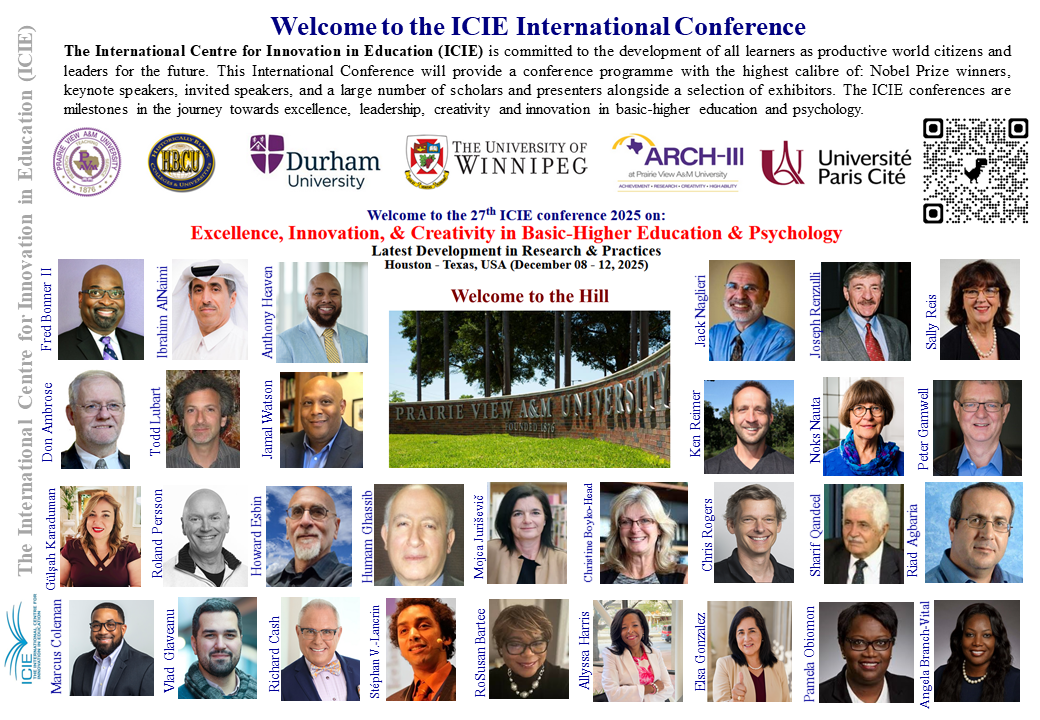
We are honored to welcome a distinguished lineup of keynote and invited speakers who are leaders in their fields and pioneers in innovation education, research, excellence, creativity, gifted education, and other categories. Their expertise and insights will provide valuable perspectives and inspire engaging discussions throughout this international conference (Houston, Texas, 8-12 December, 2025).
African Diaspora Consortium: Kim Archung
ARCH-III Faculty Affiliate: Alonzo Flowers; Donna Ford; Michelle Scott; Javetta Roberson; Nicholas Hartlep; Marcus Coleman; Anthony Heaven; Erinn Floyd
Arkansas Pine Bluff: Kimberley Davis
Baylor: Todd Kettler
Dallas College: Joseph Seabrooks
Diverse Issues in Higher Education: Jamal Watson
Georgia: Tarek Grantham
Gifted Unlimited LLC: Joy Lawson Davis
Kellogg Foundation: Sakinah Harrison
Michigan State University: Jerlando Jackson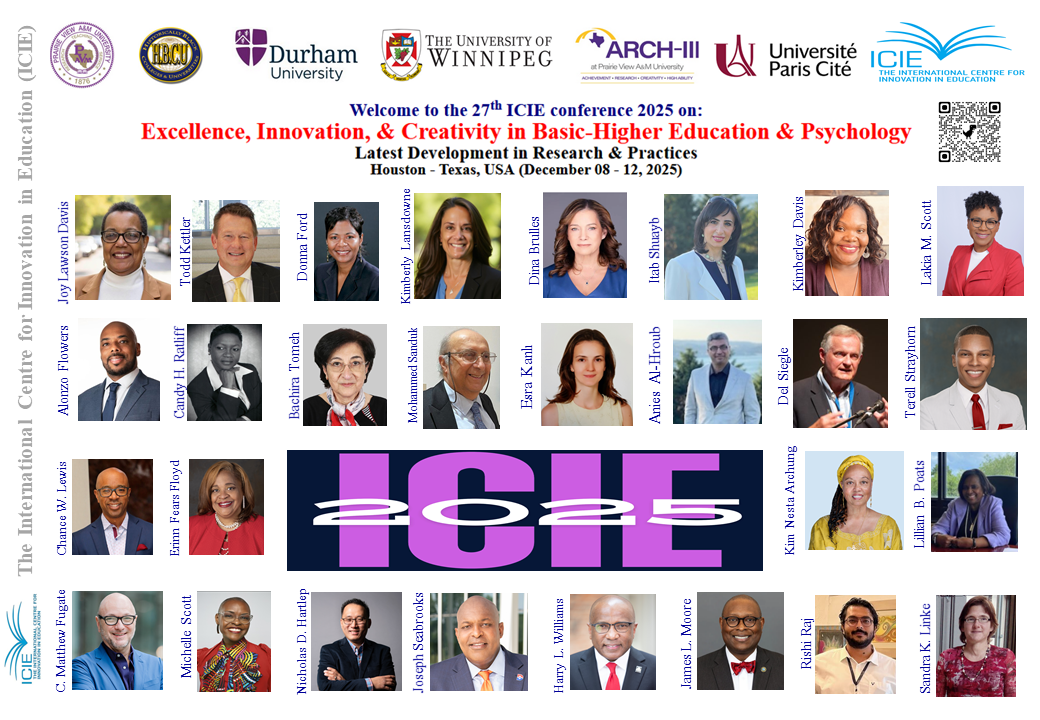
National Science Foundation: James Moore
North Carolina-Charlotte: Chance Lewis
Penn State University: Jose Soto
Prairie View A&M University: Pamela Obiomon; Angela Branch-Vital; Carmen Carter; Aashir Nasim; Anton Goff; RoSusan Bartee
TAGT: Matthew Fugate
Texas A&M University: Elsa Gonzalez
Texas Southern University: Lillian B. Poats
Texas Southern: Candy Ratliff
Thurgood Marshall CF: Harry Williams
Virginia Union: Terrell Strayhorn
Yale University: Lakia Scott; Michael Loewenberg
YSEA: Milton Young








